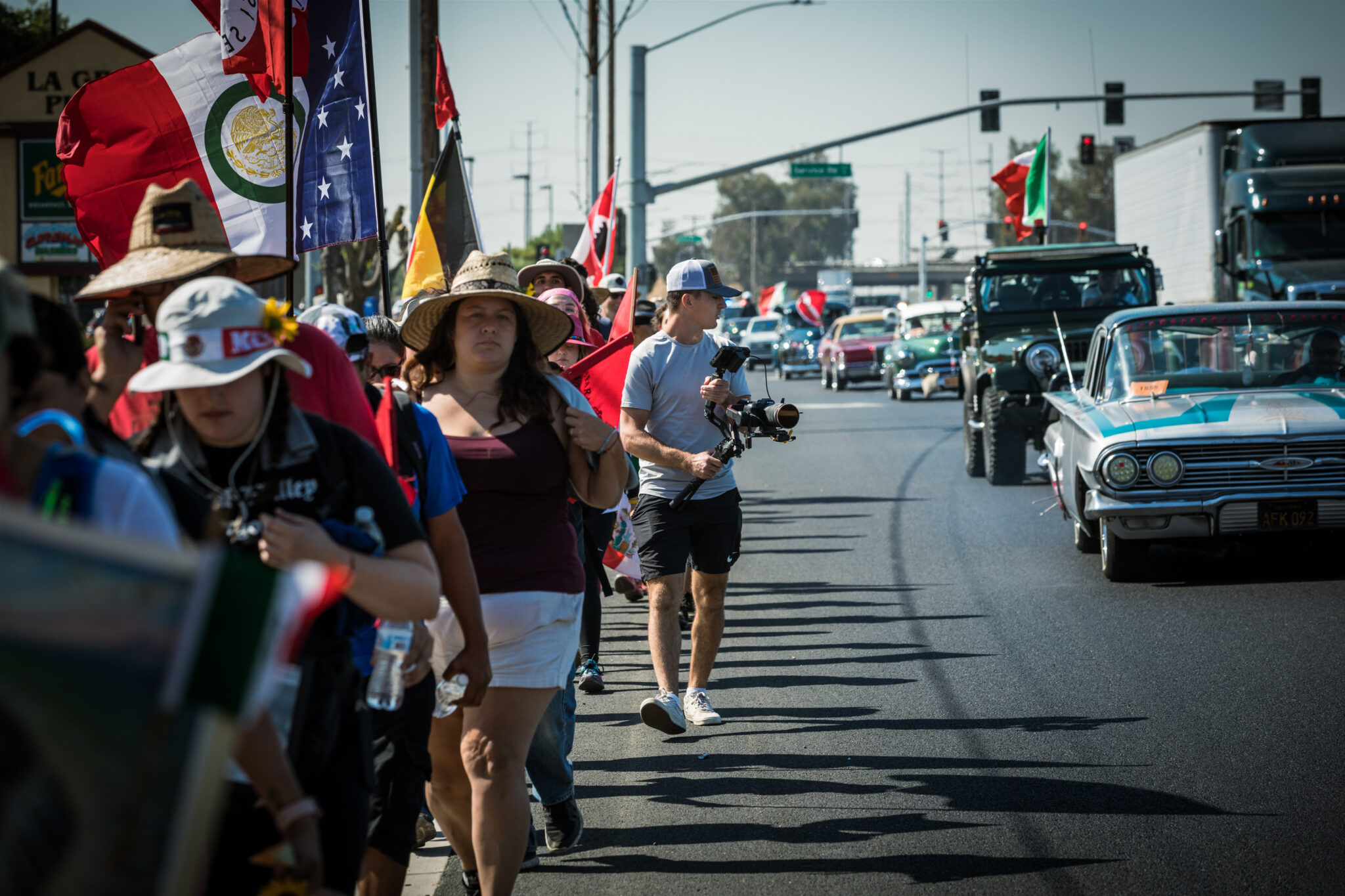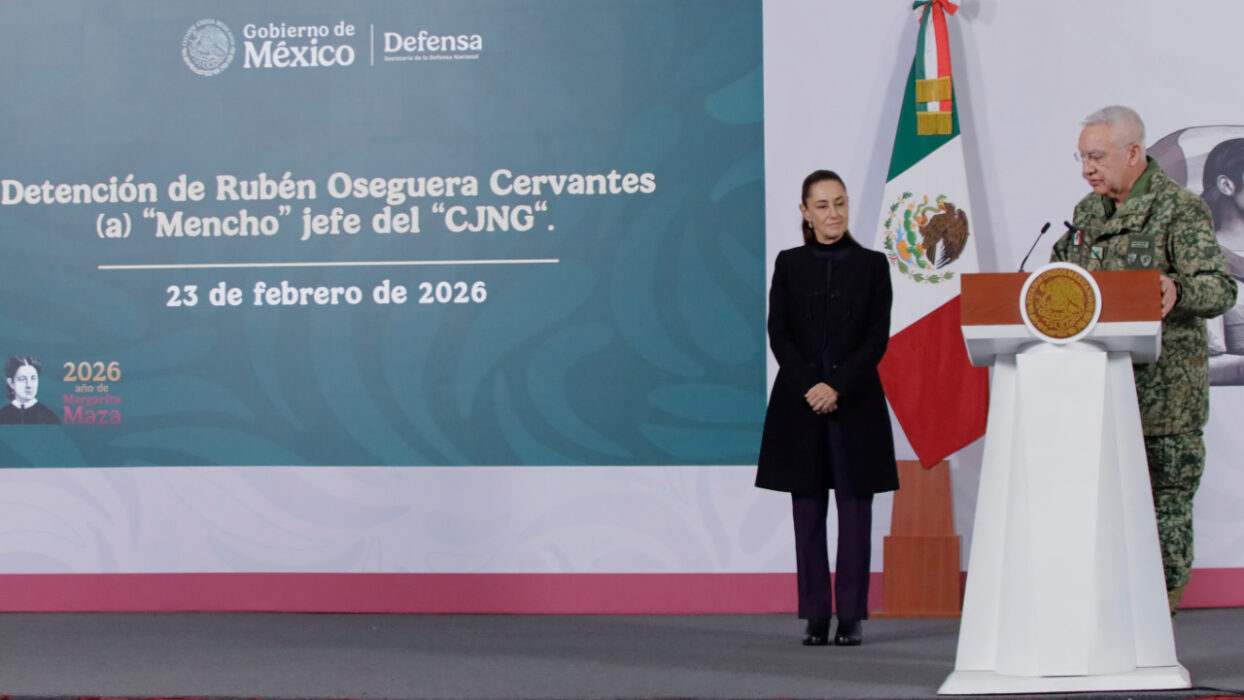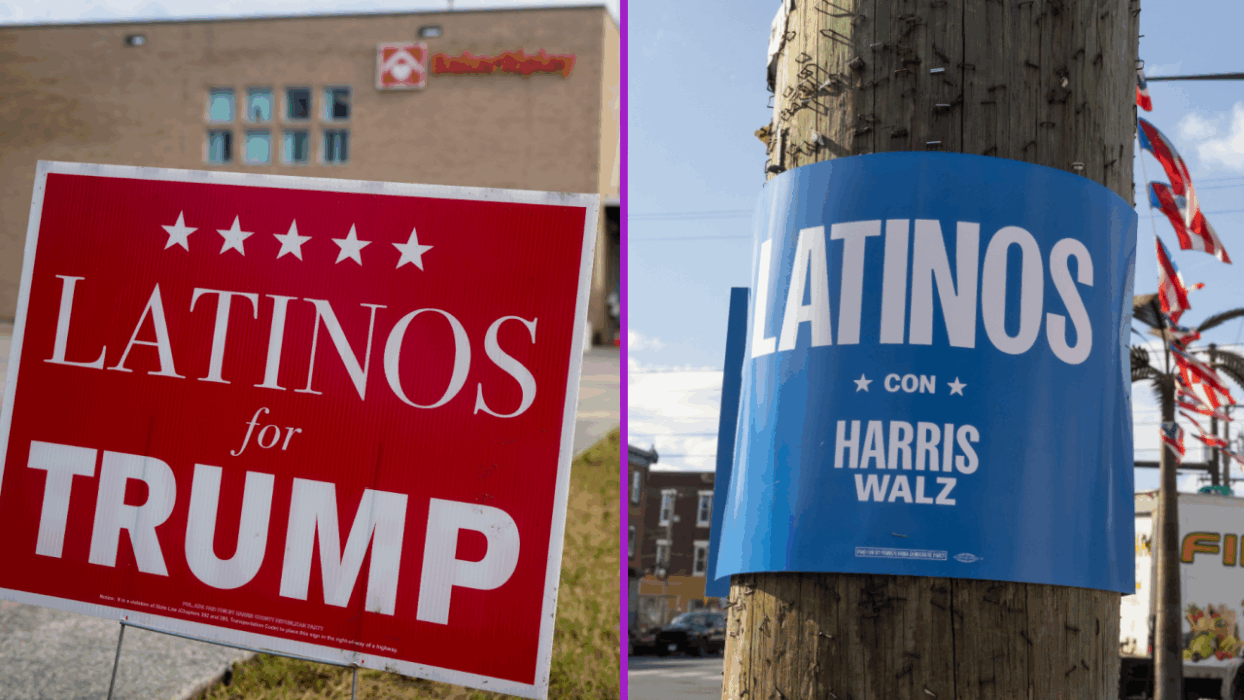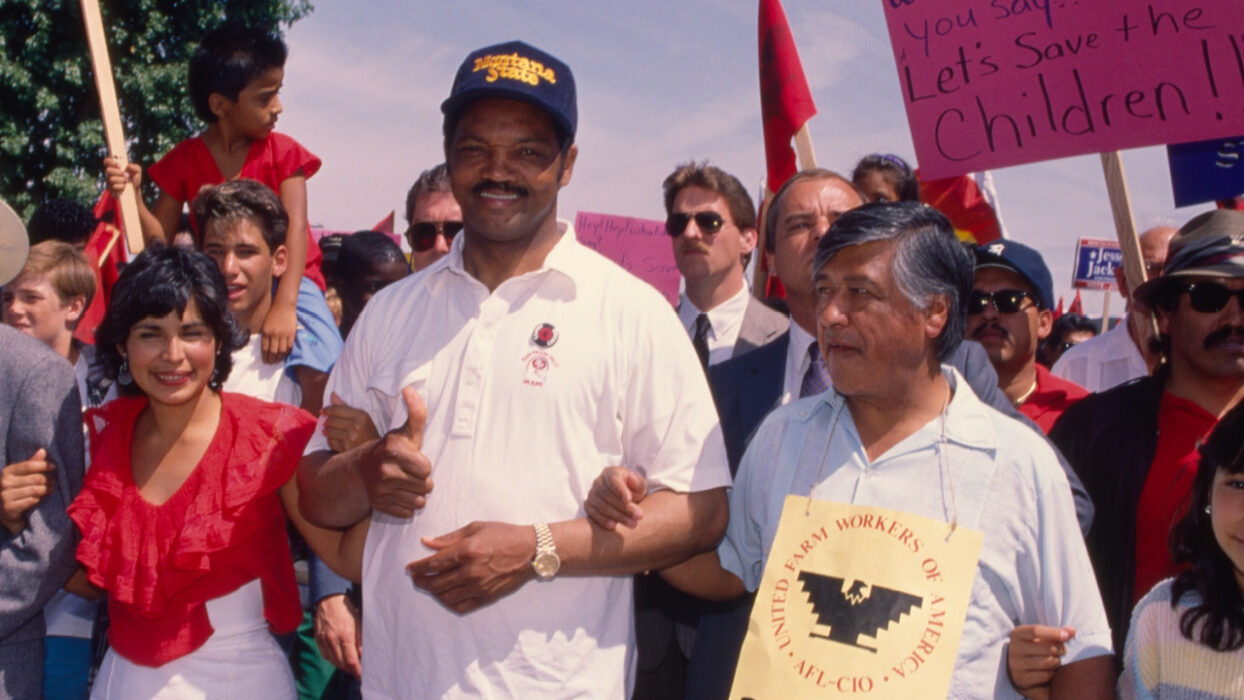
Untold Stories of the Farmworker March Come to Light in ‘The Road to Sacramento’ Documentary
“I asked Cynthia what the hardest part about farm working is for her emotionally,” Michael Schilf shares with mitú, retelling the story between him and a farm worker, Cynthia, a mother of eight who marched the entirety of the 335 miles with the UFW to Sacramento in hopes of urging Governor Gavin Newsom to sign bill AB2183. A bill that will protect farmers’ rights to privately vote on union matters. “She immediately started crying once I asked her that. She couldn’t answer the question through all of her tears, but she didn’t have to. I knew the answer. And it was that no one has ever asked her that before, or even cared to know how she felt.”
Michael Schilf, co-founder of Lunar Door, an independent production company, and award-winning writer, producer, and director, has set his next production sights on documenting the raw and devastating untold stories of the California farm workers who continue to persevere and fight for their rights as both essential workers and human beings as they walk their pilgrimage in his film, “The Road to Sacramento.”
“The march is not about the law. It is not about the marching,” says Alejandro Chavez, grandson of Cesar Chavez, the famous labor leader and civil rights activist who was the first farm worker to walk the same path the UFW is retracing today. “It’s about the people. Then and now, this march has always been about the people.”
Adilene Ortiz, a communications associate for civil rights organization CNC Education Fund and daughter of a farmworker, spoke on the march saying, “we have marched along San Joaquin Valley fields where, [as we walked] there [were] workings being coerced, manipulated, and intimidated out of speaking up… These stories of farmworkers and their families and all they endure need to be told because it matters to people like us; [it matters] to farm workers’ children.”
In the future documentary film, “The Road to Sacramento,” Schilf and his skeleton crew of five are fighting to offer the widest platform to the voices of farm workers. They tell the stories of their struggles, celebrations, and the families who suffer the cost of feeding a country.
“The march is significant and needed, yes,” says Schilf. “But let’s be honest; the people who weren’t there will think about it for a day and forget. They’ll drive by and honk their horn in support, and let it die there. It’s the nature of these things. But a documentary will get into the homes of Americans and across our borders internationally. When we think of the UFW and these movements, we have to think of Cesar Chavez. But the people of today don’t have a Cesar Chavez anymore. Leaders like that are maybe once in three or four lifetimes. And I’m not saying that a documentary has the power of a Cesar Chavez. But a documentary is personal. It gets people in the privacy of their own homes, where they’re alone and not putting on an act. We don’t have Cesar Chavez, but a documentary is the closest thing we have.”

The common thread that weaves through both the UFW’s march and Schilf’s documentary is that the fight for farm workers’ rights should be nothing if not personal. While passing protective and fair legislation is vital to the safety and progress of the workers and their families, a country who fundamentally survives on their labors should be driven by the farm workers’ humanity, not labor, to enact change.
“As we march with the workers we talk to them about their stories and their families,” said Schilf. “And women are breaking down in tears over their sexual assaults. Parents are telling us how when they get home after 16-hour days they have to choose between hugging their kids for the 15 minutes they have together before they have to sleep, exposing them to the chemicals of the pesticides on their clothes – or immediately getting in the shower to keep their kids safe, but missing any time with them at all. These are the things that are in the documentary. The things the country missed by not being at the march…”
And while the documentary team is using all of their energy and talents to exalt the voices of the farm workers, the story of “The Road to Sacramento”‘s selfless documentary team is one that all audiences should know as well.
On average, the preparation needed to obtain legal documents, funding, a team, and necessities before filming a documentary could be six months to a year. Michael Schilf had five weeks.
“I laid in bed every night after I was told about the march and would tell myself no, it was impossible to do this in such little time, no,” laughed Schilf. “Until finally I thought, this is never going to happen again. Not like this. There will never be another chance in my lifetime to supply a platform for farm workers to speak. Not like this.”
With no agenda outside his conviction to do what was right, Schilf obtained the legal rights to filming in a record three weeks’ time. That left him only two weeks to find funding. After mapping out the projected budget, Schilf figured he would need $350k to lead a documentary team through a month long pilgrimage. A number that would be impossible to obtain.
But in his commitment to the cause, Schilf started cutting. First off the list was his own salary. Next was dropping his crew down to only five other members — who also cut their own pay in half, or to nothing at all. With all cuts made, Schilf was left with a $85k budget. After getting $55k in grants, that left Schilf in need of $30k, and nowhere else to look. But after a venting phone call with his mother, Schilf’s single working mom living on a fixed income with no retirement, decided that the voices of the farm workers deserved to be heard, and pulled out $30k of equity in her own home, and supplied the documentary team with the remaining funds needed for the $85k needed to film the march.
However, the film crew is still facing a steep uphill battle. While the money came through to film the four-week march, funding is still needed to produce the film in post production — $50k to be exact. But in refusal to give up the fight, Schilf started a crowdfund to ask for help from anyone who was willing to give any amount.
“This is unusual,” laughed Schilf. “Usually crowdfunding is done before a film crew even begins filming, and the audience definitely doesn’t get to see or know what is being filmed while the crowdfund is going on. It’s all very private and underwraps. Thats not what we are doing. But I figure, since we are figuring the story out every single day, we can update a crowdfund every single day, letting people be a part of it with us. There’s nothing in return for anyone who donates except a tax writeoff. Even me, I have worked 500 hours and not made a penny. We just keep going in faith that other people will see how much the voices of the farm workers matter, too.”
To learn more about the film or would like to be a part of getting this documentary into homes across the country, you can donate to the crowdfund linked here. Find the team on their Instagram page @RoadtoSacramento.




